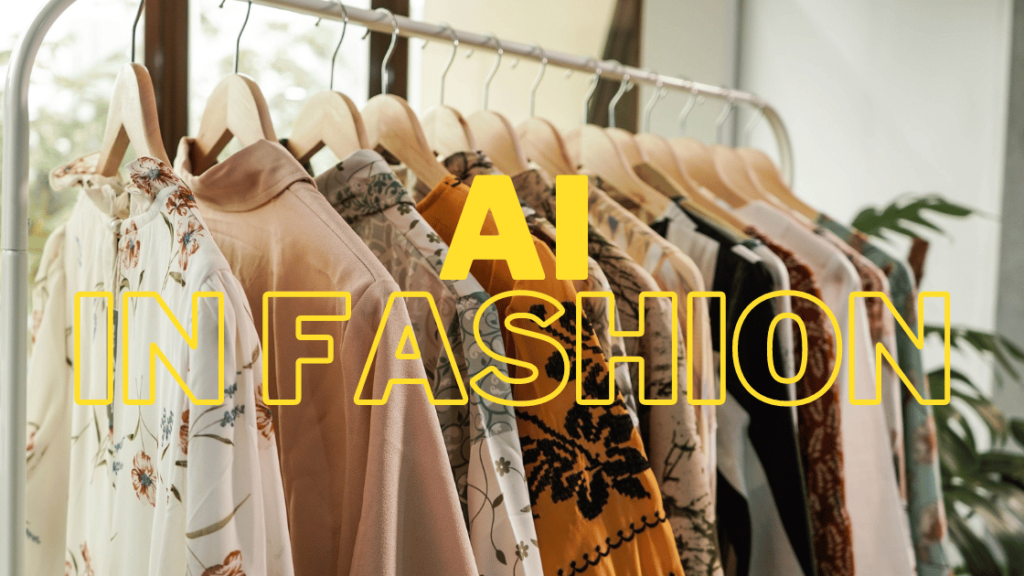In recent years, artificial intelligence (AI) has been making its way into many different industries, including the fashion industry. As technology becomes more advanced, it is transforming the way we think about fashion design, production, marketing, and customer experience. In this article, we will explore the ways in which AI is being used in the fashion industry and the impact it is having.
AI in Fashion Design
AI is being used to help fashion designers with a variety of tasks, such as trend forecasting, pattern making, and even designing new clothing styles. By analyzing large amounts of data from social media, e-commerce sites, and other sources, AI can identify emerging trends and provide designers with insights into what their customers want. AI can also generate new designs and provide suggestions to designers based on customer preferences and other data.
AI in Fashion Production
AI is also being used in the production of clothing, particularly in areas such as fabric selection, sizing, and quality control. With the help of AI, manufacturers can improve efficiency, reduce waste, and create more personalized products. For example, AI can be used to generate patterns and calculate fabric requirements, reducing the need for manual intervention. AI can also help ensure that clothing is produced to the correct size and quality standards, reducing returns and improving customer satisfaction.
AI in Fashion Marketing
AI is transforming the way fashion brands approach marketing and customer engagement. By analyzing customer data, AI can help brands create more targeted and personalized marketing campaigns. AI can also be used to predict which products will be popular, allowing brands to optimize their inventory and improve their overall sales performance. Additionally, AI can be used to provide personalized recommendations to customers, improving their shopping experience and increasing loyalty.
AI in Fashion Retail
Finally, AI is also changing the way that fashion retailers operate. In-store AI technology such as smart mirrors, interactive displays, and chatbots are providing customers with a more engaging and personalized shopping experience. AI can also help retailers optimize store layouts and inventory, ensuring that the right products are in the right place at the right time.
Conclusion
In conclusion, artificial intelligence is having a significant impact on the fashion industry, from design and production to marketing and retail. As technology continues to evolve, we can expect even more innovations and advancements in the years to come. It is clear that AI is no longer just a buzzword; it is a powerful tool that is changing the face of the fashion industry.
